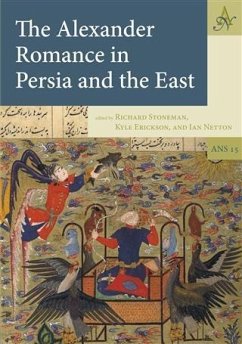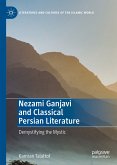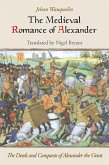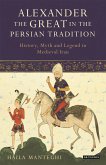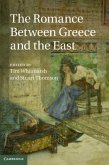Alexander the Great of Macedon was no stranger to controversy in his own time. Conqueror of the Greek states, of Egypt and of the Persian Empire as well as many of the principalities of the Indus Valley, he nevertheless became revered as well as vilified. Was he a simply a destroyer of the ancient civilizations and religions of these regions, or was he a hero of the Persian dynasties and of Islam? The conflicting views that were taken of him in the Middle East in his own time and the centuries that followed are still reflected in the tensions that exist between east and west today. The story of Alexander became the subject of legend in the medieval west, but was perhaps even more pervasive in the east. The Alexander Romance was translated into Syriac in the sixth century and may have become current in Persia as early as the third century AD. From these beginnings it reached into the Persian national epic, the Shahnameh, into Jewish traditions, and into the Quran and subsequent Arab romance. The papers in this volume all have the aim of deepening our understanding of this complex development. If we can understand better why Alexander is such an important figure in both east and west, we shall be a little closer to understanding what unites two often antipathetic worlds. This volume collects the papers delivered at the conference of the same title held at the University of Exeter from July 26-29 2010. More than half the papers were by invited speakers and were designed to provide a systematic view of the subject; the remainder were selected for their ability to carry research forward in an integrated way.
Dieser Download kann aus rechtlichen Gründen nur mit Rechnungsadresse in A, B, BG, CY, CZ, D, DK, EW, E, FIN, F, GR, HR, H, IRL, I, LT, L, LR, M, NL, PL, P, R, S, SLO, SK ausgeliefert werden.

